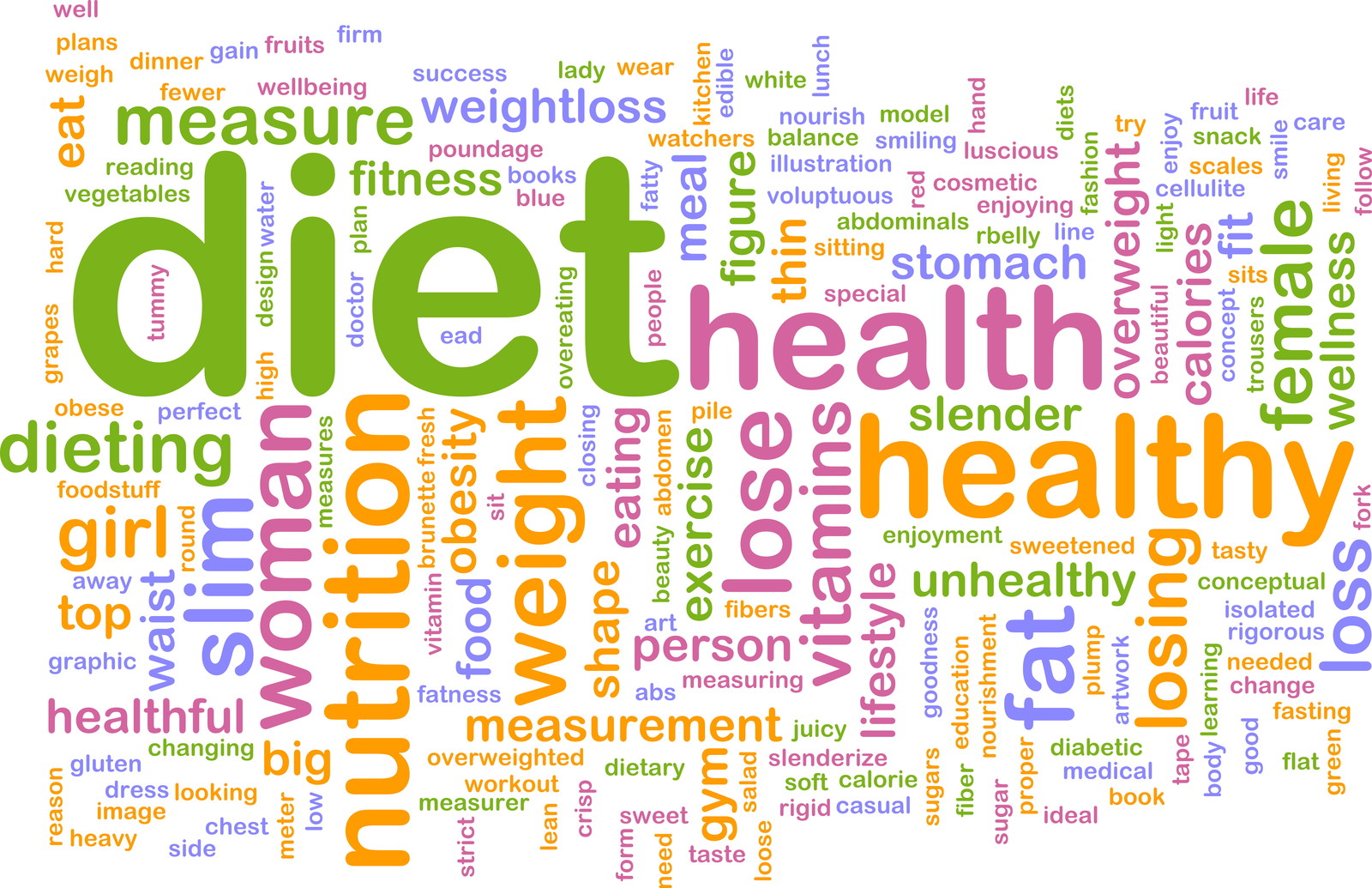[ad_1]
When you hit the ground running with your diet plan, you'll probably notice a sudden dip in your energy levels.
This is normal as your bodies not consuming its usual caloric intake.
However it's more than possible to consume certain foods which will boost that battery right up and do not include any additional calories that will break your daily calorie quota.
Below are considered the best 5 energy foods for dieters to stave off the fatigue and the bingeing by curbing the cravings:
1. Salmon
Salmon is packed with healthy fats, not processed fats.
Healthy fats are essential as they provide the body with a major source of energy.
Bursting with protein, healthy fats and in this case salmon should be included in your diet plan at least twice per week.
2. Quinoa
Quinoa is relatively new to western diets but has been used for generations in South America as a staple means of protein.
Vegetarians will get their most amount of protein from this one natural carbohydrates, far more than you would from brown rice.
3. Bananas
While bananas make you feel full and will help reduce your appetite, they also contain a lot of potassium which is a micronutrient essential for propelling energy levels higher in the body.
Fresh produce in general will contain a lot of natural potassium, so be sure to consume fresh foods daily, to starve off hunger and fatigue.
4. Oats
It's blood glucose levels which determine spikes in your energy levels, from a hidden high to an afternoon of weariness, keeping blood glucose levels nice and steady is key to maintaining energy levels.
Oats are perfect for this as they are slowly digesting healthy carbohydrates which should not be eliminated from your diet.
Low in sugar, high in fiber, Oatmeal is a good source for getting your fix of oats and it will only take a minute to prepare any number of Oatmeal dishes.
5. Egg whites:
Have you ever noticed why weight lifters keep lots of poultry, especially eggs.
It's the egg whites in this case which are rich in protein but extremely low in calories, containing possibly only 15% per egg white, but they are a great source of healthy fats, and are excellent at maintaining your lean muscle mass which is why they prove so resourceful for guys down the gym.
Egg whites do not just repair and rebuild muscle, they also make you feel energized after a hard session of strength training.
Bottom line:
If you want to maintain high energy levels but avoid the crashes and the cravings, a staple diet of healthy fats and carbs rich in protein are perfect for low calorie diets.
[ad_2]
Source by Richard R Michaels
